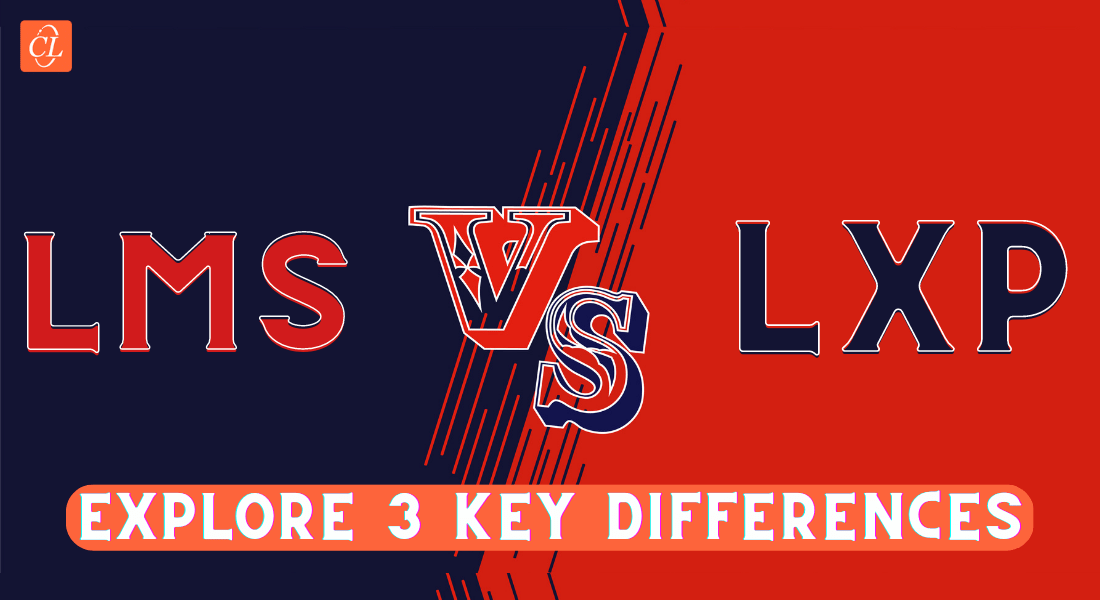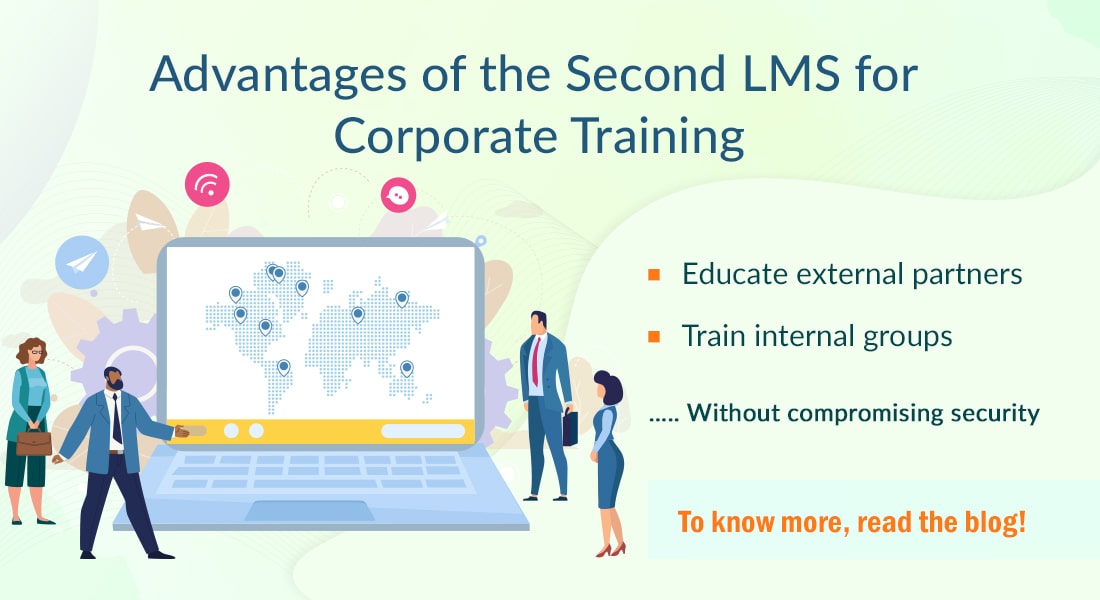Learning Analytics: Confined to the Big and Mighty IT Space?

Learning analytics is becoming increasingly popular in the learning space of organizations across the globe. The only problem though is that organizations are struggling to put a sustainable strategy in place to make use of learning analytics. Most companies are content with a snapshot analysis of e-learning courses, and this does not contribute toward improving online training programs.
→ Download Now: Instructional Design 101
Even though there is a lot of focus on learning analytics, Brandon Hall Group’s Learning Analytics 2017 Study reveals that only 1/5th of organizations are able to analyze the learning data they collect. Other important findings from this study were:
- Most companies analyze data via the LMS
- More than half the organizations lack the in-house skills to analyze data
There are many L&D professionals out there who think that learning analytics is required only for big companies, and it has no place in medium or small-scale organizations. Also, there is a misconception that the implementation of learning analytics is entirely dependent on information technology (IT) specialists, and hence this technology is more appropriate for IT companies to adopt. So, is learning analytics meant only for the big and mighty IT industry? If this question has intrigued you, this blog is an attempt to give you the answer to this question.
Myth 1 – Learning Analytics is Meant for Big Organizations
As organizations become more competitive, there is an increasing need to ensure that the company’s training strategies ensure a return on investment, and are aligned with business goals. Big data is not restricted to large companies. Whether you are an entrepreneur who runs a small organization or a large Fortune 500 company, learning analytics can help you achieve the desired results from employee training programs. Not only can you identify problems with training programs, but also find a solution to those problems.
Based on their implementation of learning analytics, companies are classified into 3 levels:
Level 1: This stage involves static reporting where the LMS is used to generate reports and measure the success of training programs in the organization.
Level 2: In this stage, data is used to make decisions like training interventions. Predictive analytics is used in this stage.
Level 3: This is an optimized level where leadership prioritizes the use of learning analytics in the organization.
Most of the organizations currently fall under levels 1 and 2, and there’s a long way to go to reach level 3.

Instructional Design 101
A Handy Reference Guide for eLearning Designers
- eLearning standards
- Streamlined instructional design process
- Effective assessments
- And More!
Myth 2 – Learning Analytics is Restricted to IT Departments
Many L&D professionals are under the impression that implementation of learning analytics requires heavy investment in IT infrastructure and skillsets. If you are just getting started with learning analytics, begin by investing in a smart LMS. You do not have to be a programmer or have extensive IT knowledge to extract information from the LMS, as most modern LMSs are user-centric.
Extracting information from data does not require IT skills. All that is required is an understanding of data, and the ability to draw insights from it. Seek the help of LMS vendors who can customize LMS reports to let you gain instant access to the data that you need.
Classifying learning analytics as a technology that needs to be handled by the IT department, limits an organization from making the best use of analytics. The insight gained from learning analytics can be used to improve the learning culture across all functional units in an organization, be it marketing, sales, leadership, or HR.
The easy-to-use interface provided by the LMSs of today, makes it possible for functional and training managers to access and analyze data to improve the organization’s learning culture.
Learning analytics initiatives may take a longer implementation time as compared to IT projects. A step-by-step approach is the best way to get started with learning analytics in your organization.
It does not matter whether you are part of an organization that is big or small, IT or non-IT, there are decision makers in every business. Learning analytics is the perfect tool for these decision makers to achieve strategic success in online training programs, thereby contributing to the growth of the business.
If you have already taken the initiative to implement learning analytics in your organization, do share your experiences.





